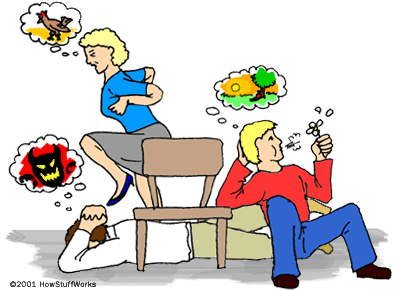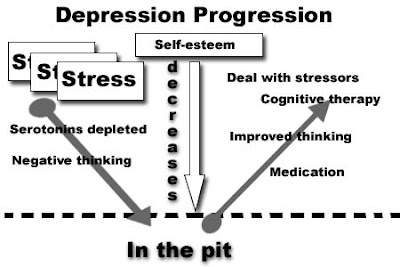
Many people may wonder if they can be hypnotized. I even receive calls from potential clients wondering if they can be ‘put under’, as they call it. There have been some to think they are too mentally strong to be hypnotized and they can resist any outside forces to put them in trance. They think hypnosis is for weak minded people. Where would they get such a thought? Much of it comes from television programming and stage hypnosis shows that you can now see on YouTube. When you see a person walk across the stage seemingly like a zombie or doing things that you feel he or she wouldn’t ordinarily do, you may get the impression that this person is mentally weak. Therefore, no wonder you would want to separate yourself from such “types”.
Contrary to these beliefs, however, clinical hypnosis is beneficial for everyone. There is a difference with what you see in stage hypnosis and what is practiced clinically. The stage show is strictly for entertainment purposes just as any magic show would be. You pay your money, you are impressed with different stunts, you laugh, ‘ooh’ and ‘ah’ over the feats of the entertainer and you leave walking away feeling as though you got your money’s worth – hopefully, at least.
What types of people volunteer for stage hypnosis? Since I am not a stage hypnotist, I can only speculate on the personality of a stage show ‘subject’. These shows may take place in a comedy bar, club, high school, college or at a corporate event. Mass psychology (individual boldness born from the dynamics of being in the midst of a group of people) probably has a lot to do with it. A little booze to cloud the judgment may have its place in the scheme of things, as well.

Nevertheless, I would think that these types of subjects are more interested in the entertainment part of the show rather than having a personal or professional issue resolved through hypnosis (as in clinical hypnosis). If they are ‘lucky’ enough to be left on the stage after the filtering process (that is, the process the hypnotist conducts of weeding out the ones who will not go into deep hypnosis in five minutes or less) of all of the volunteers, I would also say that they are probably a ‘good subject’ or a person who can easily be hypnotized – in the industry lingo, we call this type of subject a ‘natural’ or ‘true’ somnambulist. These types of volunteers are the bread and butter of the show and what stage hypnotists comb the audience for.
It is interesting that since 2000, I may have had less than a handful of my clients who have been a ‘volunteer’ in a stage show. If they have, they would tell me that it was many years ago when they were in high school or college and liked to do things on impulse.
Now, all the above considered, I must stress that clinical hypnosis is neither for weak minded people nor for anyone who would want to relinquish their control. People use clinical hypnosis to enhance their lives. This goes for my clients as well. Some of the types of issues that people seek to resolve with this form of hypnosis are: addiction, anger, allergy problems, confidence issues, depression, fear, memory enhancement, panic attacks, smoking cessation, sports/talent enhancement, motivation to start a business and weight loss/management.
Want to do something fun? If you would like to know if you are hypnotizable, you can go to this link on my website and take the free test: http://www.hypnotherapy4health.com/hypnoprofile.html
"Second picture courtesy of How Stuff Works".
John
Clinical Hypnotherapist & Life Coach
Hypnosis & Self-Enhancement Books & CDs: http://www.hypnotizeanybody.com
Hypnotherapy Services: http://www.hypnotherapy4health.com
Joimethod: http://www.joimethod.com









